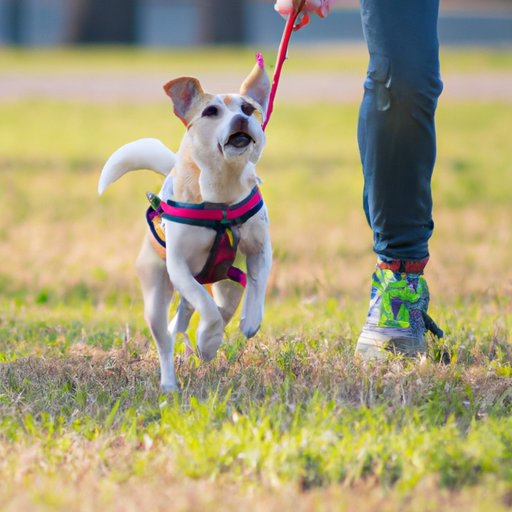As a caregiver, you’re always looking for ways to better care for those you love. And if you’re a dog owner, that includes your canine companion. This guide will help you train your dog to come to you whenever you call. With patience, consistency, and the right techniques, you can strengthen your bond with your pet and ensure their safety.
1. Understand Why Recall Is Important
Firstly, let’s understand the importance of recall—the ability of a dog to come when called. It’s not just about obedience. It’s about safety. If your dog has a strong recall, it can prevent accidents and potentially dangerous situations.
- Prevents accidents: Dogs are naturally curious creatures. A strong recall can prevent them from running into traffic or getting themselves into other dangerous situations.
- Protects others: Your dog’s recall can also prevent them from jumping on people, chasing animals, or getting into fights with other dogs.
- Promotes freedom: The better your dog’s recall, the more freedom they can enjoy. They can run off-leash in safe areas, play fetch without a long line, and interact more freely with their environment.
2. Start With The Basics
Training your dog to come to you all the time starts with the basics. Here are the initial steps:
- Choose a command: Choose a clear, simple command for recall. “Come” and “here” are popular choices.
- Start in a quiet, enclosed space: Begin training in a quiet room in your house. There should be no distractions.
- Get your dog’s attention: Use a toy or treat to get your dog’s attention.
- Say the command: Once you have their attention, say your recall command.
- Reward them: When they come to you, give them the treat or toy. Make sure to reward them immediately so they associate the command with the reward.
3. Gradually Increase The Difficulty
Once your dog has mastered the basics, it’s time to increase the difficulty.
- Add distractions: Start training in environments with more distractions. This could be your backyard or a quiet park.
- Increase the distance: Gradually increase the distance between you and your dog. Start close and gradually move further away.
- Vary the reward: Don’t always use the same treat or toy. Vary the rewards to keep your dog interested.
4. Use Positive Reinforcement
Positive reinforcement is key in dog training. When your dog responds to your recall command, reward them with treats, toys, or praise. This will make them associate the command with positive experiences, reinforcing the behavior.
5. Be Consistent
Consistency is crucial in dog training. Always use the same command. Train regularly—ideally every day—and make sure everyone in your household is on the same page.
6. Don’t Punish Failure
If your dog doesn’t come when called, don’t punish them. This will make them associate the command with negative experiences. Instead, go back to the basics and practice in a more controlled environment.
7. Practice In Different Environments
Once your dog is reliably responding to your recall command in one environment, start practicing in different environments. This will help your dog generalize the command to all situations.
8. Keep Training Sessions Short And Fun
Dog training should be fun for both you and your pet. Keep sessions short—about 5 to 10 minutes—to prevent your dog from getting bored or frustrated.
FAQs
Q: How long does it take to train a dog to come when called?
A: It varies from dog to dog. Some might learn in a few weeks, while others might take several months. Be patient and consistent.
Q: What should I do if my dog is scared or anxious during training?
A: Take things slow. Use positive reinforcement to make training a positive experience. If your dog continues to be anxious, consult with a professional dog trainer or a veterinarian.
Q: Can an old dog learn to come when called?
A: Yes, old dogs can learn new tricks! However, it might take more time and patience.
Q: My dog comes when I have a treat but doesn’t respond otherwise. What should I do?
A: Try varying the rewards. You can also gradually wean off the treats, rewarding your dog with treats only occasionally, while using praise or toys as a reward at other times.



